Shared Resources & Cores
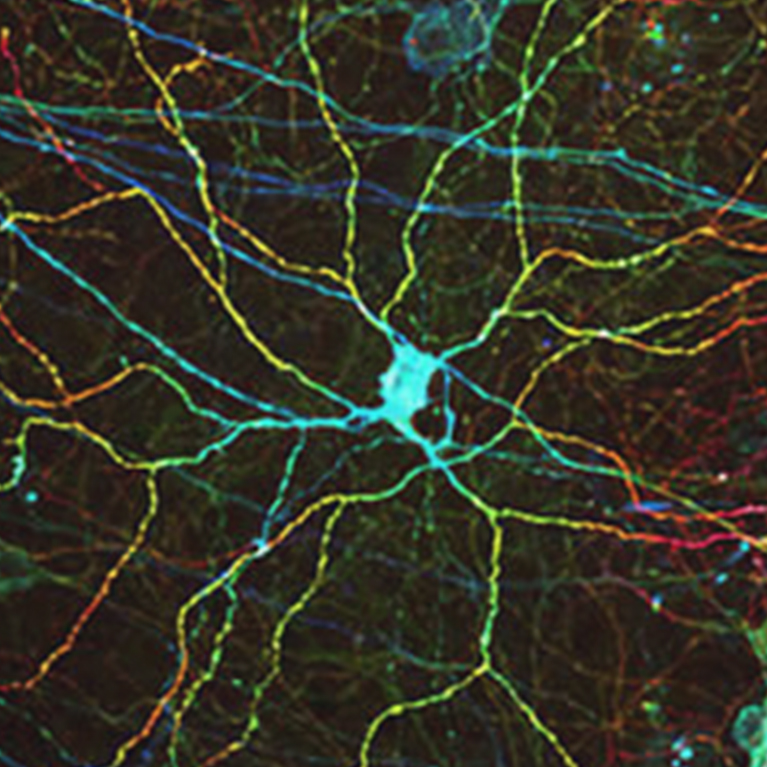
Advanced Biophotonics Core
The Advanced Biophotonics Core provides imaging and analysis instrumentation coupled with technical and collaborative support staff for advanced light and electron microscopy of biological systems. Cancer Center members use the facility for high-throughput imaging assays, high-resolution imaging of live cell and tissue dynamics, super-resolution microscopy, large 3D volume imaging of tissues, electron microscopy analysis of subcellular morphology and protein distribution, and automated computational image processing, visualization, and analysis. The Core is also actively pursuing and developing new cutting-edge imaging and analysis methodologies to better serve the needs of Cancer Center researchers, such as cryo-correlative light and electron microscopy, light-sheet imaging of cleared and expanded tissues, and machine-learning based processing, segmentation, and analysis of light and electron microscope images.

Flow Cytometry Core
The Flow Cytometry Core provides Salk investigators access to state-of-the-art flow cytometry instrumentation, high quality services, and expert consultation in the design and implementation of flow-based experiments. The facility is equipped with two staff-operated fluorescence activated cell sorters (FACS) and three analytical instruments that are available for independent operation. Training and support for users with all levels of experience are available at the Core. The facility staff fosters a collaborative environment, striving to provide an easily accessible comprehensive resource to Cancer Center investigators and dedicates efforts to identify emerging flow technologies or applications that will be useful for Core users.
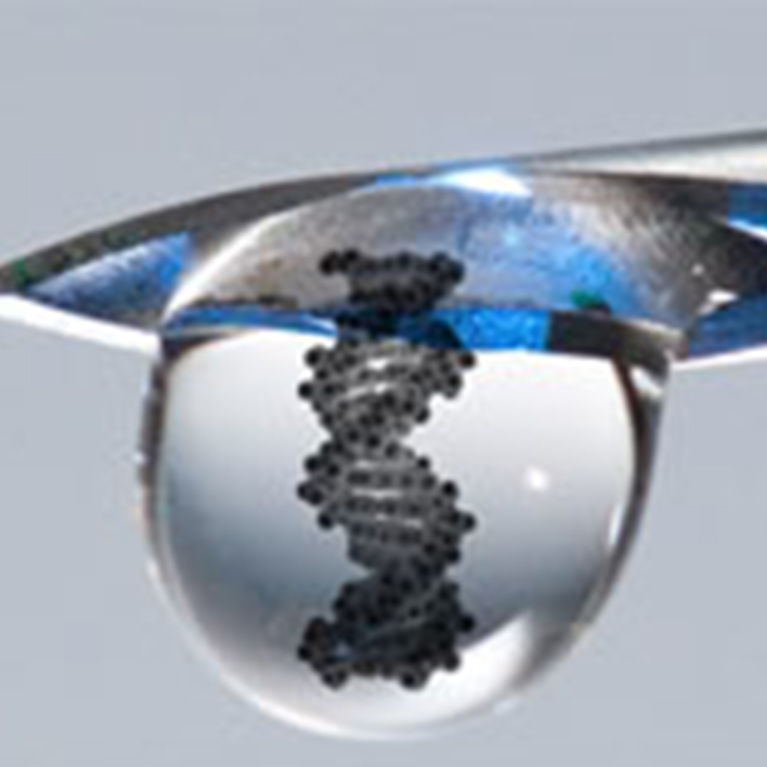
Next Generation Sequencing Core
The mission of the Next Generation Sequencing Core is to facilitate cutting-edge genomics research. In support of Cancer Center research endeavors at the Salk, the Core specifically aims to provide: 1) cost-effective and rapid high-throughput sequencing services, 2) expert assistance in experimental design, 3) the development of novel methods to enable cutting edge sequencing technologies, 4) preparation and quality control of sequencing libraries, and 5) training services for Cancer Center members in library preparation or other methods required for next-generation sequencing projects.
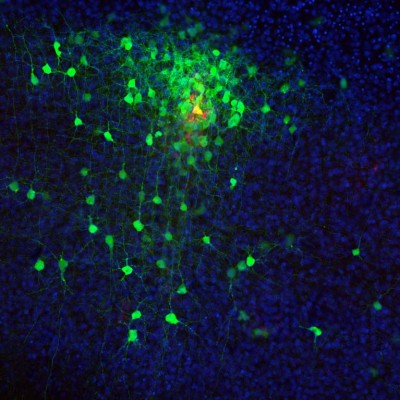
Gene Transfer, Targeting and Therapeutics Viral Vector Core
Viral vectors are commonly used to deliver genetic material to targeted cells, both in vitro and in vivo. They also represent attractive candidates for in vivo gene therapy. However, there are significant safety concerns when working with and producing research grade viral vectors. These safety issues are compounded when individual research laboratories are tasked with establishing and maintaining their own safety infrastructure and protocols. To address these concerns, the Salk Institute has established a centralized resource, namely the Viral Vector Core. The Core produces and maintains an extensive library of commonly-used stock viral vectors. In addition, the Core offers custom design and production services for multiple types of viral vectors, including lentivirus, retrovirus, adenovirus, adeno-associated virus, G-deleted rabies, and vesicular stomatitis virus.
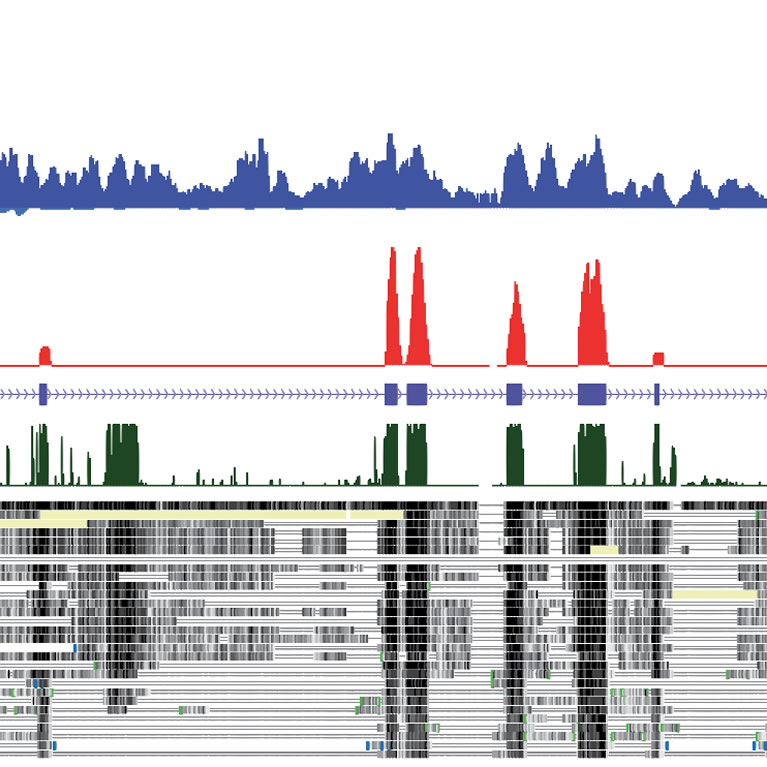
Integrative Genomics and Bioinformatics Core
The Integrative Genomics and Bioinformatics Core provides analytical, computational, and technical services for all aspects of genomics and bioinformatics research performed by Salk Cancer Center members. In the era of big data in biology, bioinformatics analysis is crucial for deriving biological insights from large and noisy high-throughput data. The goal of the Core has been to give Cancer Center members access to state-of-the-art bioinformatics expertise and support. Staff in the Core assist Cancer Center members with integrative analysis of sequencing datasets, provide software and tools that Cancer Center members can use to perform their own analyses, provide training in software use, and develop customized tools and pipelines for cutting-edge analyses.
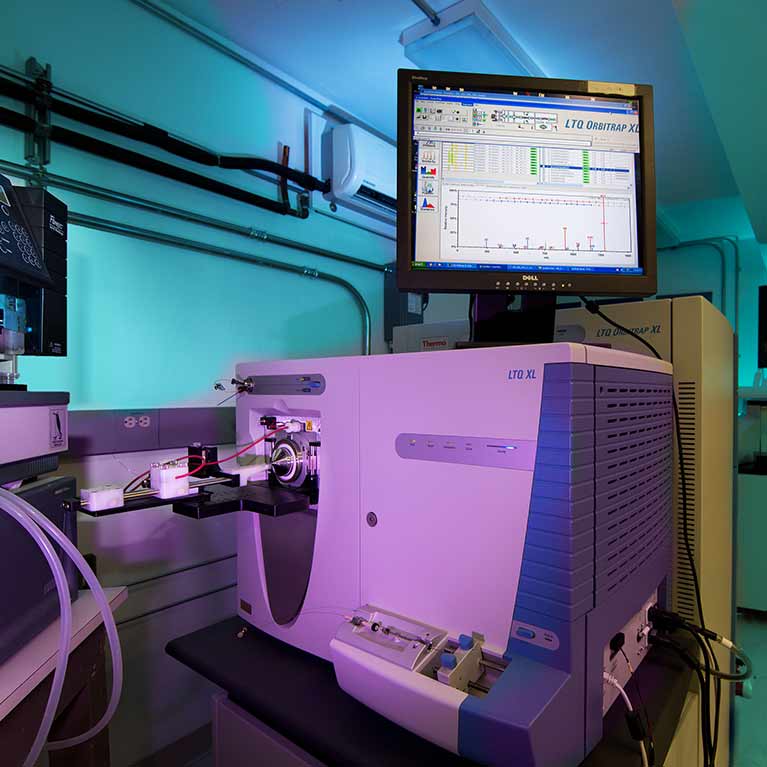
Mass Spectrometry Core: Proteomics and Metabolomics
The Mass Spectrometry Core provides Cancer Center members with support for their proteomic, metabolomic, and custom peptide synthesis needs. The Core provides expert consultation concerning the design, implementation, and analysis of a wide range of experiments including: protein identification, protein quantification, identification of post-translational modifications, secreted protein/peptide analysis, untargeted lipidomics profiling, targeted lipidomics and metabolomics, bile acids analysis, amino acid quantitation, fatty acid analysis, and custom peptide synthesis. The Core staff are constantly working to implement new analytical techniques in these rapidly evolving fields while supporting researchers with data analysis, manuscript, and grant preparation.
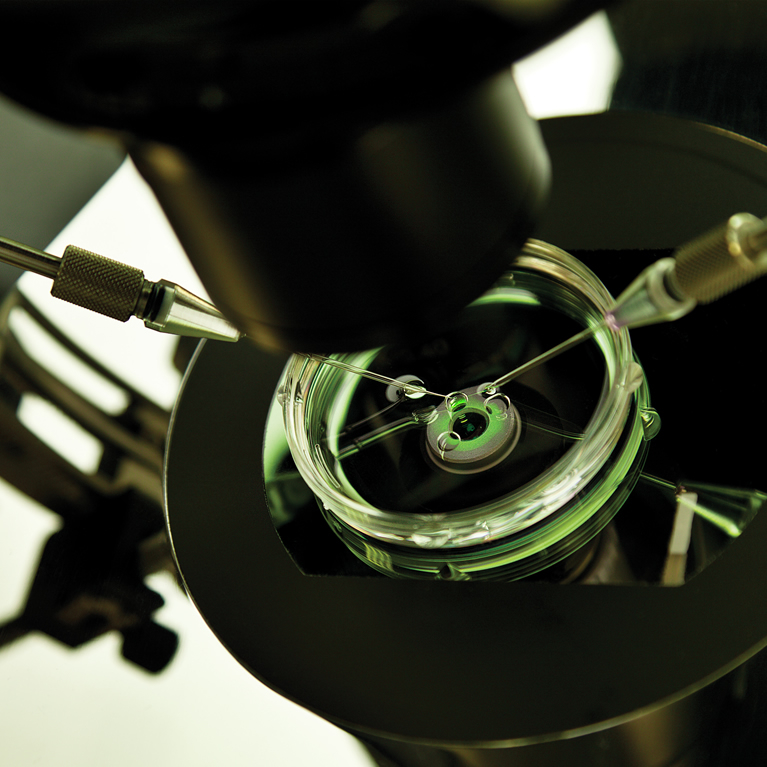
Transgenic Core
The primary goal of the Transgenic Core is to provide Cancer Center members and other investigators at the Salk Institute access to cutting-edge technologies for creating genetically altered mouse models. These transgenic lines of mice represent critical genetic tools that enable researchers to model human diseases, to analyze and functionally manipulate specific genes, and to test potential therapeutic interventions. To achieve this goal, the Transgenic Core provides state-of-the genome editing services, as well as services required to generate and maintain transgenic mice.
